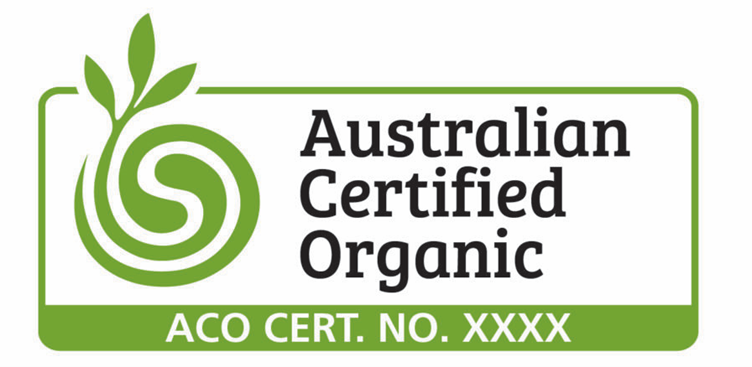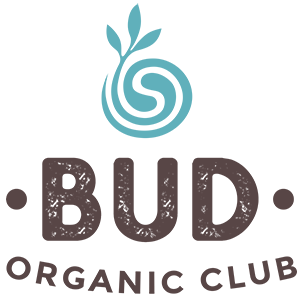As consumers, we deserve to know that all manufacturer claims about the products we buy are fair and accurate. Those of us who choose to shop organic are making an investment in our health and sustainability, and it can be frustrating to know that with some organic products, all is not as it seems.
This is because in Australia there is currently no regulation around the use of the word ‘organic’. As a result, products can claim to be organic even if as little as 2 per cent of the ingredient list is truly certified organic.
But how exactly did we get here? And what remains to be done to protect consumers and the integrity of our growing industry?
Australia’s pursuit of organic standards
Australia was one of the first countries outside of Europe to develop an organic ‘National Standard’ back in 1992. This world-class standard was written to provide reassurance for consumers by making sure that all organic produce adhered to strict standards including certification and auditing processes. A good start, but momentum was soon lost.
The standard was only applied to products being exported outside of Australia and was not enforced at home – although it was intended to be. On 10 February 1992, the then Minister for Primary Industries and Energy, Simon Crean, stated in a press release, “I therefore intend to request the new National Food Authority to take the necessary action to ensure the regulatory controls on the domestic market parallel to those which I am implementing for export.”
Despite the original intentions, the National Standard was never enforced at a domestic level (however it became a voluntary certification) and as such there is no current domestic regulation for the term ‘organic’ in Australia. Instead, several variations of the National Standard exist within Australia. For the most part, organic products that are both produced and sold on our shores are not required to be certified organic unless they are being exported overseas. Larger supermarkets and retail may require organic food they source to be certified by suppliers, but consumers are still relying on self-governance from businesses to ensure the food they purchase is truly organic.
So where does this leave us? As of 2022, many stakeholders in the organic space (including member-driven peak body Australian Organic Limited) are striving to see meaningful domestic regulation introduced for the industry. Despite widespread support, this is a long-winded political process with plenty still to unfold. To learn more about this process, check out the Domestic Regulation page on the Australian Organic website.
The scope of the problem
The lack of standardisation in Australia has created a series of issues that threaten the industry. Firstly, the actions of a few unscrupulous businesses can punish all the other operators who are doing the right thing. Legitimate organic farmers, brands and businesses invest significant time, money and effort to gain certification and operate in accordance with true organic principles. These processes can take years, and it’s possible for others to lay claim to organic status without putting in the hard yards to earn it.
Many export markets also find Australia’s current situation to be confusing. Our strict standards for exports but unclear standards at home are presenting problems when it comes to trade agreements with other countries such as the USA, who have found the lack of domestic regulation a barrier to equal market access and establishing government to government equivalency agreements.
Domestic regulation for the term ‘organic’ would not only provide clearer choices for consumers but could present further export opportunities for Australian-made organic products and provide a more level playing field for organic businesses.
The importance of certification, and what you can do to help
In-depth research into Australian consumer trends in organics was conducted in June 2022, and the results show that not everyone trusts the claims made on organic product packaging.
Nearly one third of those surveyed who have bought an organic product in the past year believe that they have been previously misled by ‘organic’ claims made on product packaging. 81 per cent say they are more doubtful about the legitimacy of other organic products, while 67 per cent say they have been less willing to purchase organic products in the future.
The counterpoint to this is demonstrated by the trust that shoppers have in organic certification. 88 per cent of shoppers believe that certification logos that demonstrate an organic product has been independently verified can assist purchasing decisions, while 40 per cent of food shoppers indicated they would avoid purchasing an organic product if it did not display a certification mark.
The research also affirmed that the Australian Certified Organic ‘Bud’ logo is the most recognised trust mark among food shoppers, with 63 per cent of all those surveyed familiar with the ‘Bud’.

So how can you verify that your purchase is truly organic? It’s simple really – next time you’re shopping, opt for organic products that carry a trusted certification logo, such as the ‘Bud’. These marks guarantee that the business in question has adhered to rigorous auditing and met the strict requirements necessary to become certified.
It’s the only way you can have peace of mind in your purchase, at least until our long-term goal of organic domestic regulation is fulfilled. To learn more about the importance of certification marks and the trust they instill, have a read of the ‘Bud Guarantee’ section of the Australian Organic website.


